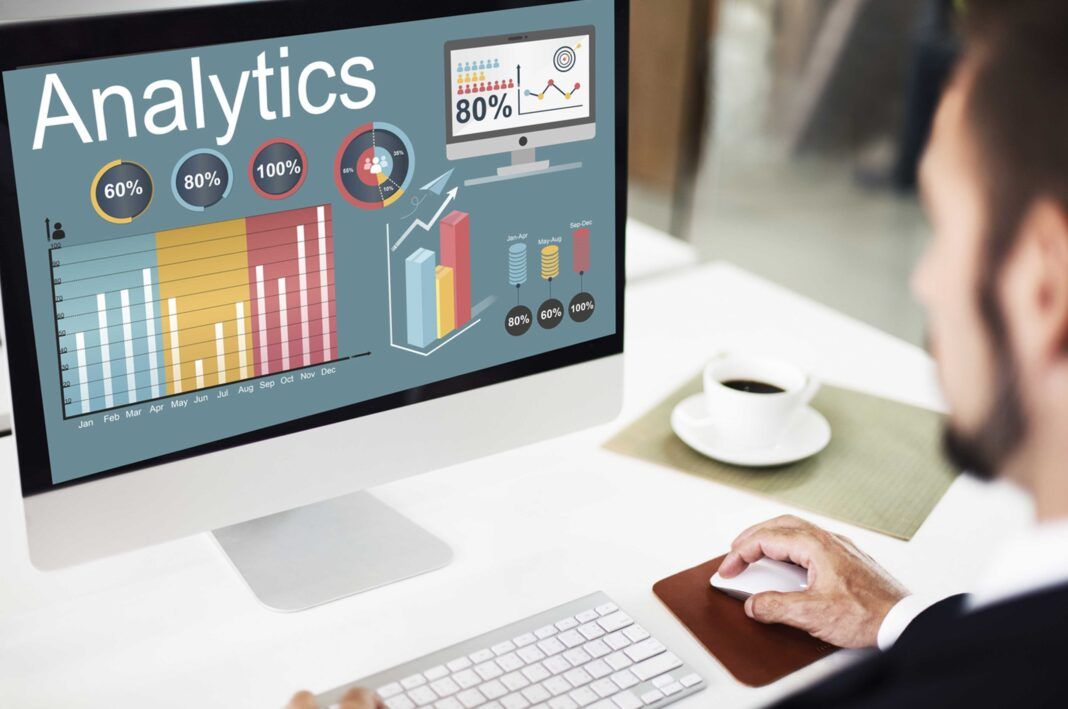Data analysis has become a critical component of nearly every business type in recent years as companies increasingly utilize data to tap into their customer base, create strategies, and stay competitive. Data analytics software plays a critical role in evaluating and interpreting vast amounts of information available for a business. These tools help convert raw data into useful insights. But, with several options available, businesses must select a data analytics software that aligns with their needs.
Importance of data analytics software
Data analytics software includes various applications and tools used to process, analyze, and visualize data. These tools and applications can have different capabilities and complexities. While some can be simple data processing applications, others can have complex software suites with features for machine learning, big data processing, and predictive modeling. Despite the varying features, the main purpose of these data analytics tools is to assist businesses in getting a clear view of their data, discovering patterns, and getting actionable insights.
Thus, the data analytics software that an organization picks will have a long-term impact on the business. This is because the right software can streamline data processing capabilities, helping to uncover trends that can further improve the overall decision-making process. This may result in high efficiency and growth. On the other hand, the wrong software can lead to a waste of resources. So, it is crucial for a business to carefully consider various factors to ensure that the data analytics software is in tandem with its objectives and requirements.
Determining business requirements
The first step to choosing the right data analytics software is having a clear understanding of the business’s needs. This can be done by identifying goals, researching trends in the industry, and evaluating how employees of the organization will be using the software.
1. Identify the goals
Given the myriad of options available, businesses may often face confusion when selecting the right data analytics software. So, it is important to define the business’s main objectives that must be achieved using data analytics software. For example, a business may want to do real-time asset monitoring or understand customer requirements in depth. Outlining such requirements beforehand makes it easier to determine which software would be the right fit.
2. Look at the software the industry uses
Research the various analytic tools, platforms, and software used by others in the same industry. Businesses in the same domain usually have similar problems to solve and objectives. For example, organizations in the retail industry want to improve customer experience through sentiment analysis. Meanwhile, financial service companies might prioritize fraud detection capabilities in their software. The requirements for the software will vary depending on the industry. So, by researching and identifying industry trends, businesses can make more informed decisions regarding their data analytics investments.
3. Consider the end-user
To get the best value out of data analysis software, it must have capabilities that can be used by every employee across different levels. This means the software will be usable for the senior executives as well as customer-facing teams. So, it is crucial to take into consideration how the various features of the tools will apply to different roles inside the organization. For instance, some end-users might need simplified capabilities to support the decision-making process. Meanwhile, other teams may need tools specific for marketing and sales or with data science capabilities.
Things to know when selecting data analytics tools
After determining the key business requirement, there are various factors an organization must consider while choosing data analysis software.
1. Customer service and support
Consider the services and support offered by the software service provider. Some solutions, like SaaS products, generally benefit from customer retention. So, the providers of these solutions offer hands-on support and guidance so that a business can get the most value for its money. Meanwhile, software that is a self-hosted solution or an open-source platform tends to be more self-guided and requires limited support from the provider. So, companies should consider the amount of technical support that they need and ensure their chosen software provider can meet these needs.
2. Data storage options
Most data analysis software requires a business to choose between on-premise hosting and a SaaS solution. SaaS solutions are mostly cloud-based. They are handled by third-party providers that take the bulk of the work involved in managing the data analytics software’s IT infrastructure. This includes data backup, storage, and security. This is a cost-effective solution for users who do not have high-level technical skills but need the software to access data and understand the insights without any help from a tech professional. Self-hosting software requires the business to have its own server and technical knowledge. But, it allows for a higher level of customization and control over data integration compared to SaaS systems.
3. Data integration features
Businesses often need integration capabilities when they want to manage and store multiple data clusters sourced from different areas and applications. In such situations, having good data integration features can benefit.
4. Compliance and security
Data analysis software must comply with data security and regulatory standards. This ensures that the software can protect the business’s sensitive information against data breaches. Beyond this, the data analytics software should also feature data encryption to ensure that only authorized users can access sensitive data.
